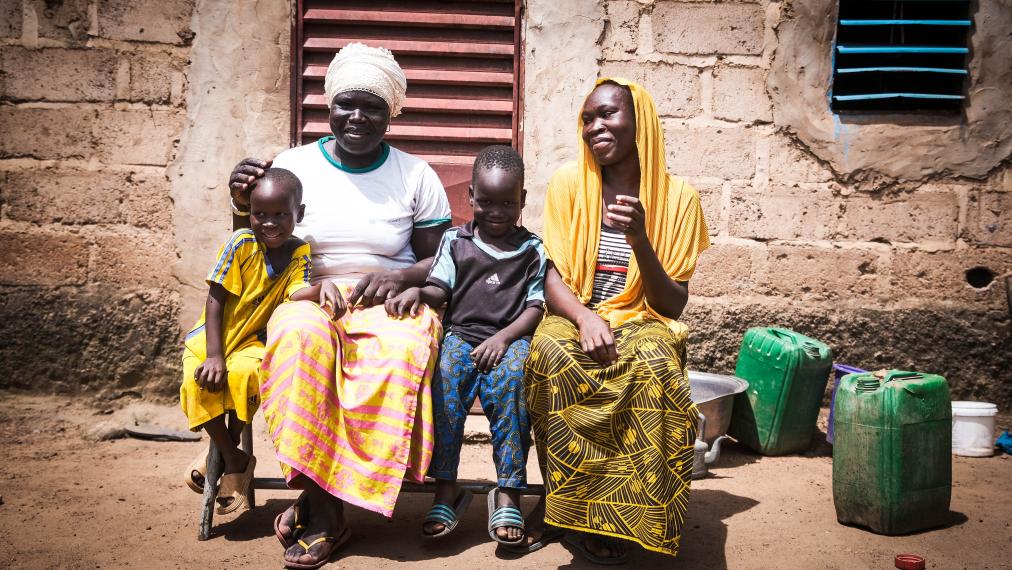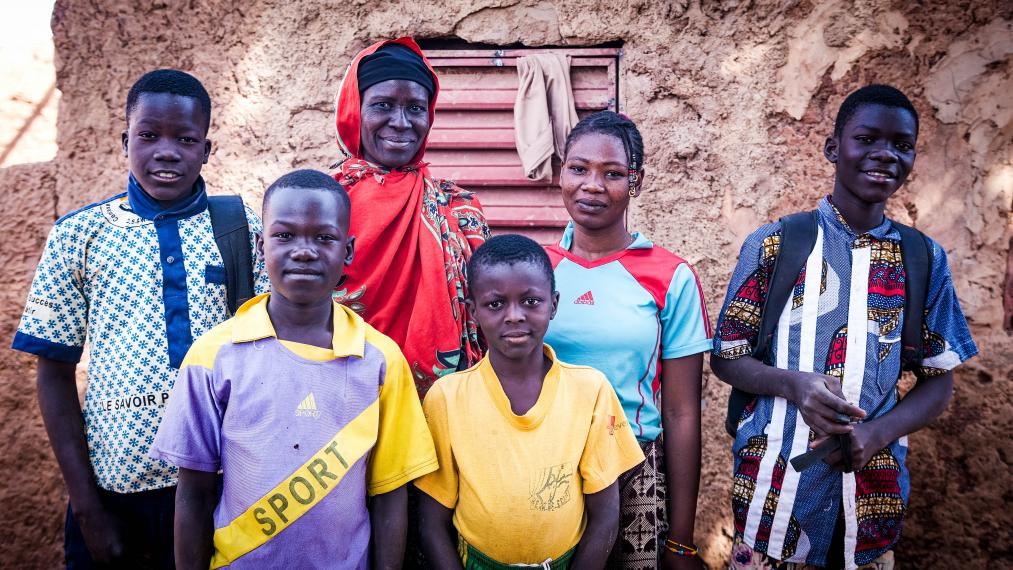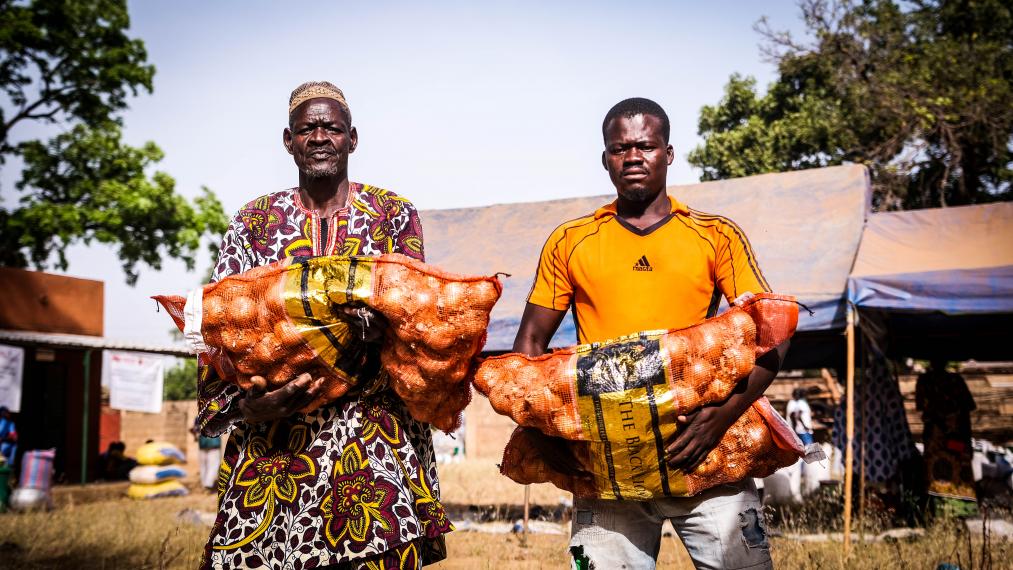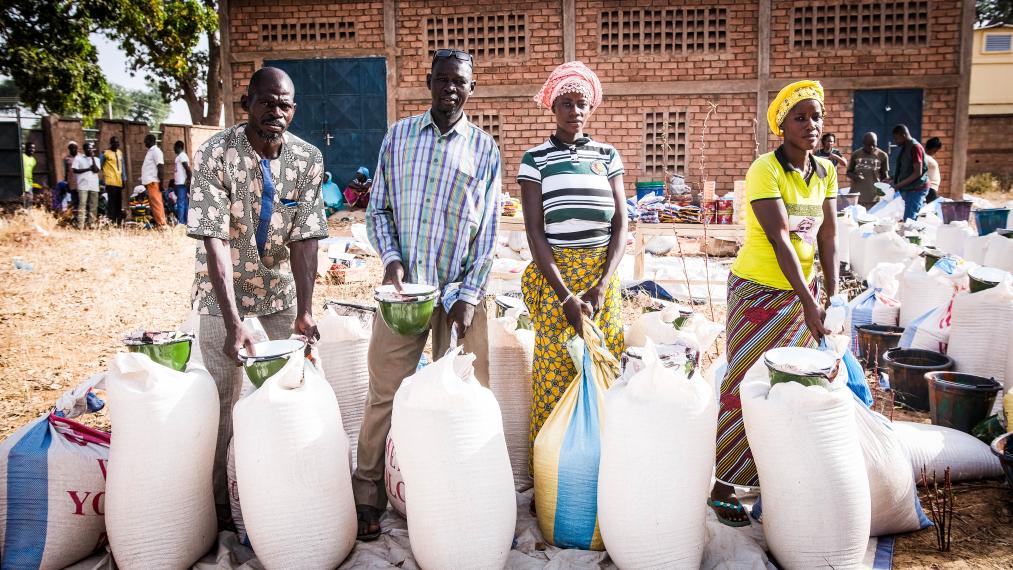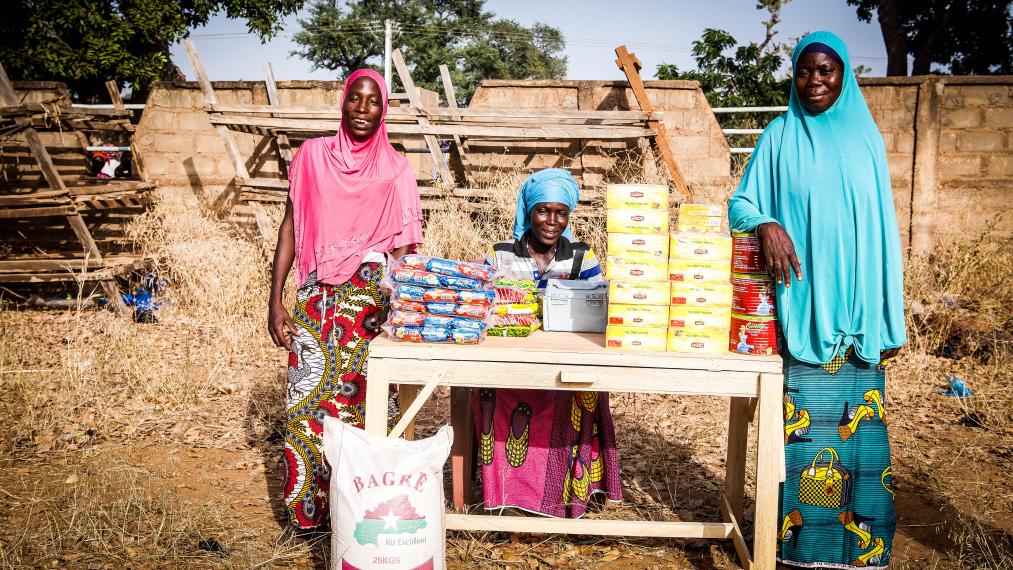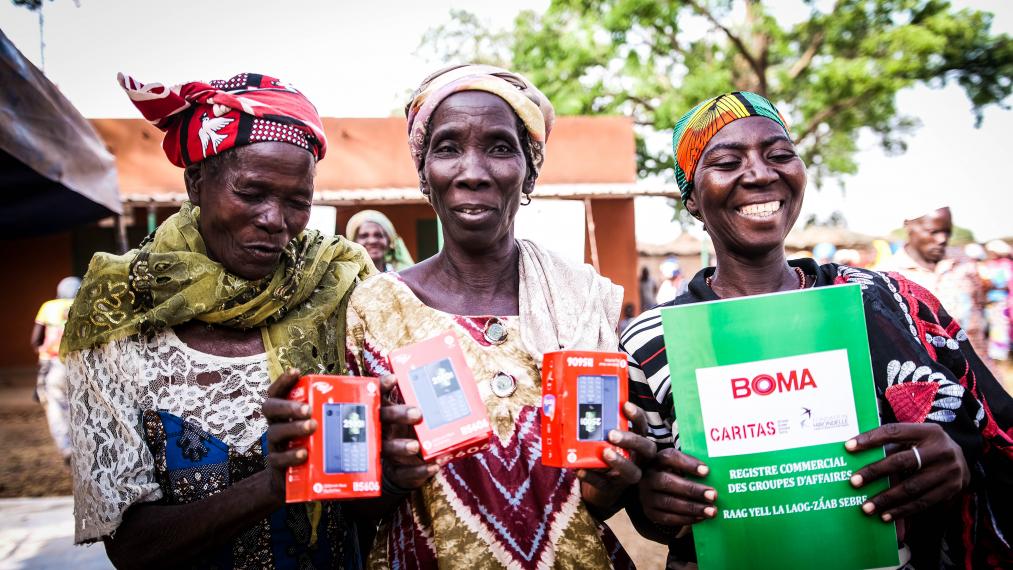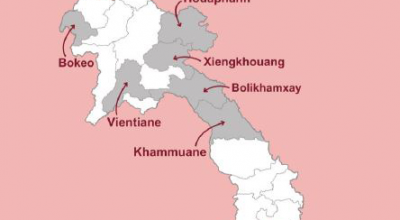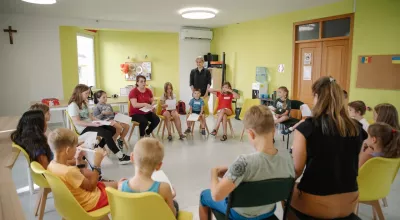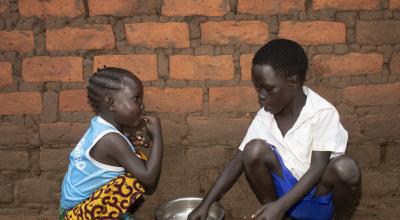Burkina Faso
Attacks by terrorist groups have displaced more than two million people within the country, which is facing a critical humanitarian situation.
With a population of over 23 million, Burkina Faso is ranked 184th out of 191 countries on the Human Development Index (HDI). The population is very young, with an average age of 17 and a life expectancy of 62, and is characterised by its great ethnic diversity, with more than 60 distinct ethnic groups. The majority of the population live in rural areas and depend on agriculture for their livelihood.
The country, which experienced two military coups in 2022, faces growing insecurity due to the activity of terrorist groups, mainly in the northern and eastern regions, although the influence of these groups is also visible in the border regions with Mali and Niger. Burkina Faso continues to experience the worst humanitarian crisis in its history, with around 10% of the national population (over 2 million people) internally displaced, and over 34,000 refugees and asylum seekers, mainly from Mali.
This situation is putting a strain on the already inadequate capacity of basic social services in the main areas hosting displaced people. The food and nutritional security of displaced and non-displaced people is considerably reduced by limited access to productive activities and functional markets, as well as by inflation and rising food prices.
In 2024, the humanitarian community estimates that 6.3 million people will need humanitarian aid in the country's 13 regions, an increase of 35% on the previous year.
Caritas Luxembourg is working closely with its network of Caritas partners and local organisations to run projects aimed at strengthening the self-sufficiency of displaced people. These initiatives are designed to ease the pressure on host communities by supporting them in their search for solutions to gradually emerge from precariousness. The aim is to encourage a process of sustainable development, controlled by the communities themselves, thereby strengthening their resilience. More specifically, this project aims to increase the income and livelihood opportunities of displaced people, and to strengthen their sense of security and enjoyment of human rights.
Through activities such as in-depth individual coaching, budget management support, financial education and access to savings services, as well as basic and specialised skills training, and by facilitating the start-up of income-generating activities through asset transfers, participants are able to contribute to building sustainable and shared resilience. This approach promotes socio-economic growth and collective sustainable development, while easing pressure on natural resources and reducing tensions between communities.
Empowering women has a multiplier effect given their overall responsibility within the household, including children's education and food security.
Linked news
Donate
Your donation is essential to ensure the continuity of Caritas Luxembourg's actions in the service of the poor.
Other donation methods
